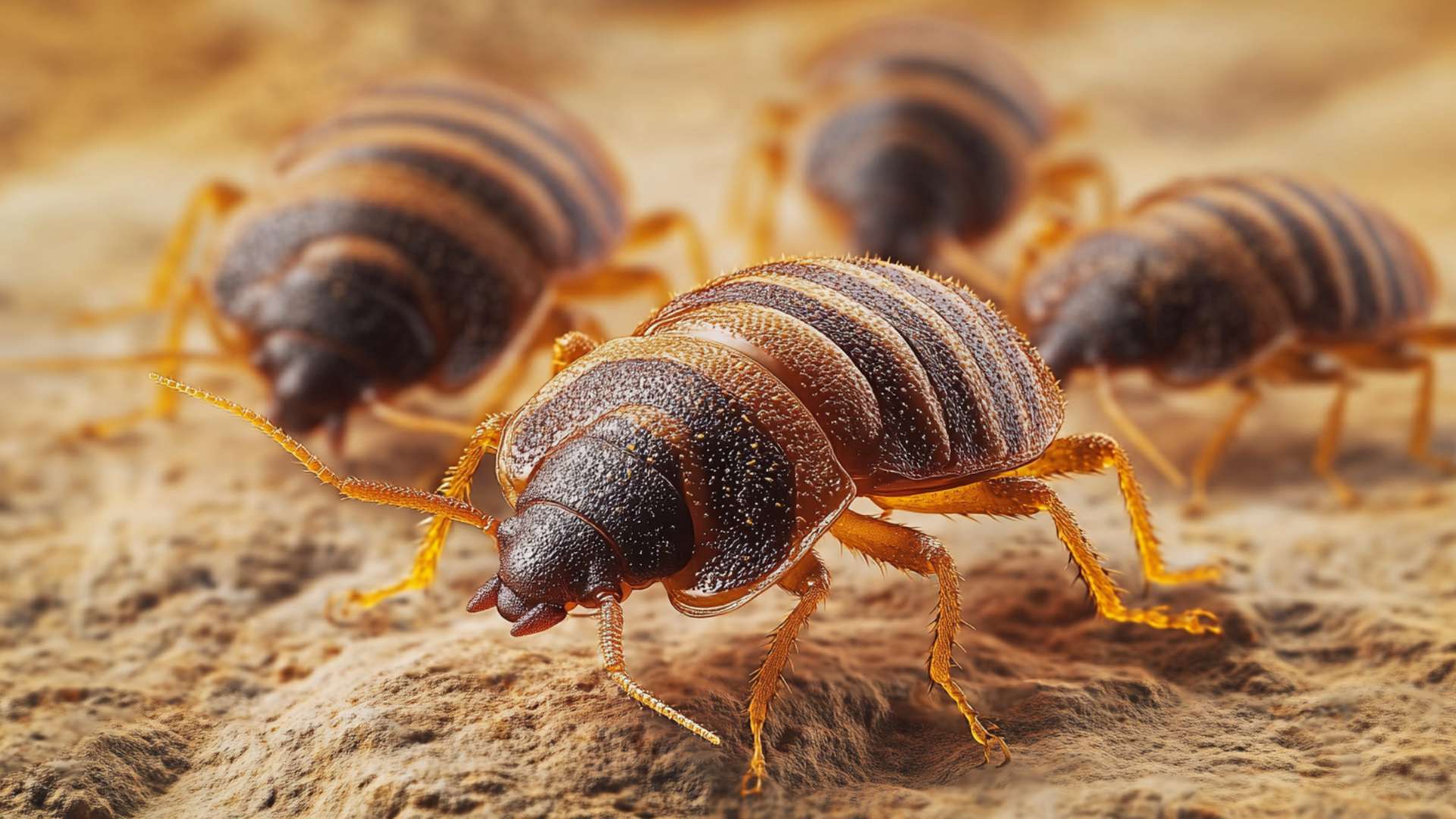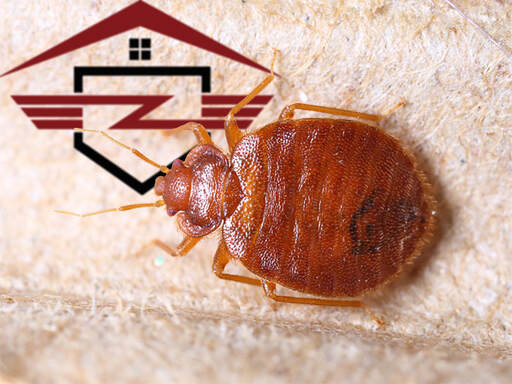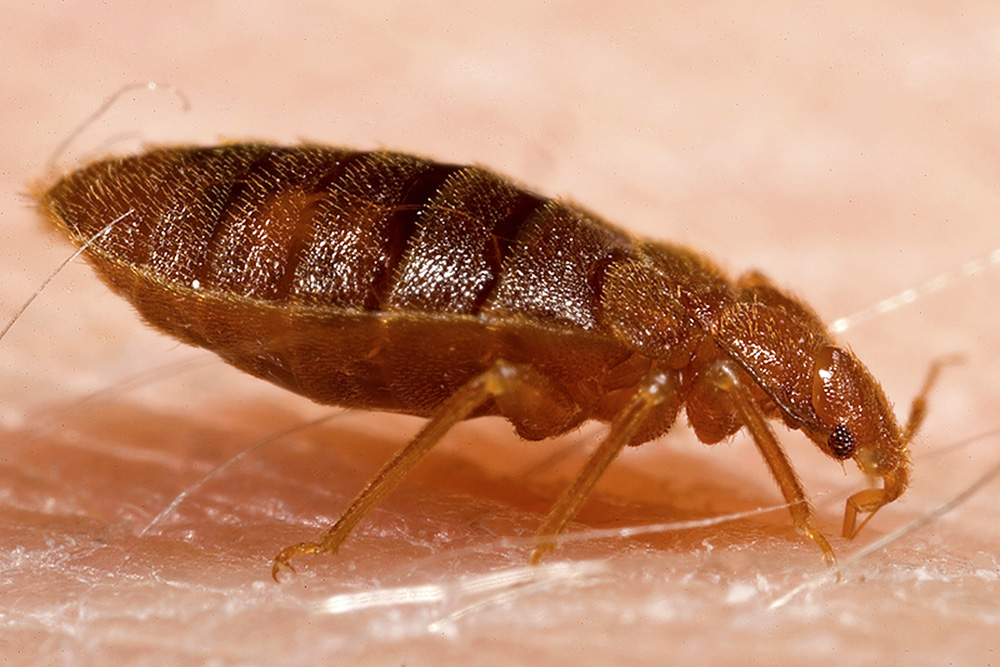Kinds of Bug Control: Which Technique Is Right for Your Infestation?
When encountered with an insect problem, the choice of a proper approach for pest control is vital in successfully taking care of the scenario. From chemical therapies to biological remedies, there exists a series of methods that can be employed to address different kinds of insects. Each approach features its own set of considerations and advantages, making the decision-making process a nuanced one. Understanding the subtleties of each approach and evaluating their compatibility with the specific parasite invasion at hand is crucial for accomplishing lasting success in parasite monitoring. By exploring the different kinds of bug control approaches offered, individuals can make enlightened choices customized to their one-of-a-kind situations, making certain a more sustainable and reliable end result in insect removal.
Chemical Pest Control
Chemical insect control entails using artificial or normally obtained chemicals to handle and remove pest populaces effectively. This technique is generally used in farming, forestry, and residential settings to deal with a variety of insects, consisting of weeds, insects, and rodents. The usage of chemical pesticides can supply quick and targeted remedies to pest problems, making it a prominent selection for lots of people and organizations.
One of the key advantages of chemical bug control is its capability to swiftly remove bugs, reducing the risk of damage to plants, property, and human health and wellness. By using particular chemicals that target particular parasites, this approach can properly control infestations while minimizing injury to helpful organisms and the setting when applied appropriately.
However, making use of chemical insect control likewise increases concerns about prospective adverse impacts on non-target varieties, water sources, and human health and wellness. It is essential to follow safety and security guidelines, apply chemicals responsibly, and take into consideration alternative pest control techniques to minimize these threats and make certain sustainable parasite administration techniques.
Biological Bug Control
Organic insect control, likewise recognized as biocontrol, makes use of living microorganisms to lower and manage bug populaces naturally. By using the insect's all-natural killers or pathogens, organic pest control provides a eco pleasant and lasting remedy to pest administration.

Mechanical Insect Control
Making use of physical and hand-operated techniques to take care of parasite populations, mechanical pest control supplies an alternative strategy that does not depend on the usage of living microorganisms or synthetic chemicals. This method includes using barriers, catches, or various other devices to literally prevent or remove parasites. By blocking parasite access factors or establishing traps to capture them, mechanical pest control can efficiently reduce problems without presenting chemicals into the environment.
One typical example of mechanical parasite control is the use of mesh screens on doors and windows to stop bugs from getting in buildings. This easy yet effective approach serves as a physical barrier, maintaining parasites out while allowing for proper ventilation. Furthermore, gadgets like mousetraps, fly swatters, and ultrasonic repellents fall under the mechanical bug control group.
While mechanical insect control approaches can be labor-intensive and call for routine surveillance and maintenance, they supply a lasting and eco-friendly option for taking care of pest infestations. By combining different mechanical techniques, residential or commercial property owners can develop a detailed pest control technique that reduces reliance on chemical pesticides.
Physical Parasite Control

Some usual physical insect control approaches include the use of obstacles such as screens or webs to avoid pest access, traps to capture and get rid of insects, and hand-picking to literally get rid of parasites from plants or structures. Furthermore, techniques like warm therapies can be utilized to manage pests like bed insects by raising the temperature level to levels that are dangerous to the pests.
Physical bug control is particularly valuable in integrated pest management (IPM) strategies, where numerous insect control methods are combined for efficient pest administration while reducing the use of chemicals. By making use of physical bug control techniques, people can properly attend to pest problems with very little ecological impact.
Integrated Pest Monitoring
When implementing physical pest control approaches as part of bug monitoring approaches, Integrated Parasite Administration (IPM) emerges as a comprehensive method that leverages various strategies to effectively manage pest populations. IPM concentrates on long-lasting prevention of pests with a mix of biological, social, physical, and chemical tools customized to specific parasite problems. By incorporating several control tactics, IPM intends to reduce the dangers connected with insects while additionally decreasing reliance on chemical services.
One trick facet of IPM is the focus on monitoring and examining pest populations to identify one of the most suitable control techniques. This proactive technique enables early treatment and targeted methods, leading to a lot more effective parasite management. In addition, IPM promotes ecologically pleasant practices by focusing on non-chemical control approaches and just using pesticides as a last option.
Verdict

By using the pest's natural killers or microorganisms, organic pest control provides a eco friendly and lasting remedy to pest administration. - Kings pest control cincinnati oh
Using hand-operated and physical approaches to manage pest populaces, mechanical bug control offers a different method that does not rely on the usage of living microorganisms or her explanation artificial chemicals.An efficient strategy to managing parasite populaces without depending on chemical or biological techniques entails the usage of physical bug control strategies.When executing check over here physical parasite control methods as component of insect monitoring techniques, Integrated Insect Monitoring (IPM) emerges as a comprehensive method that leverages numerous techniques to efficiently manage pest populations. Chemical bug control involves the usage of pesticides, organic pest control utilizes all-natural predators, mechanical pest control entails physical barriers, physical bug control includes capturing or getting rid of bugs, and incorporated bug monitoring combines multiple approaches for an alternative approach to pest control.